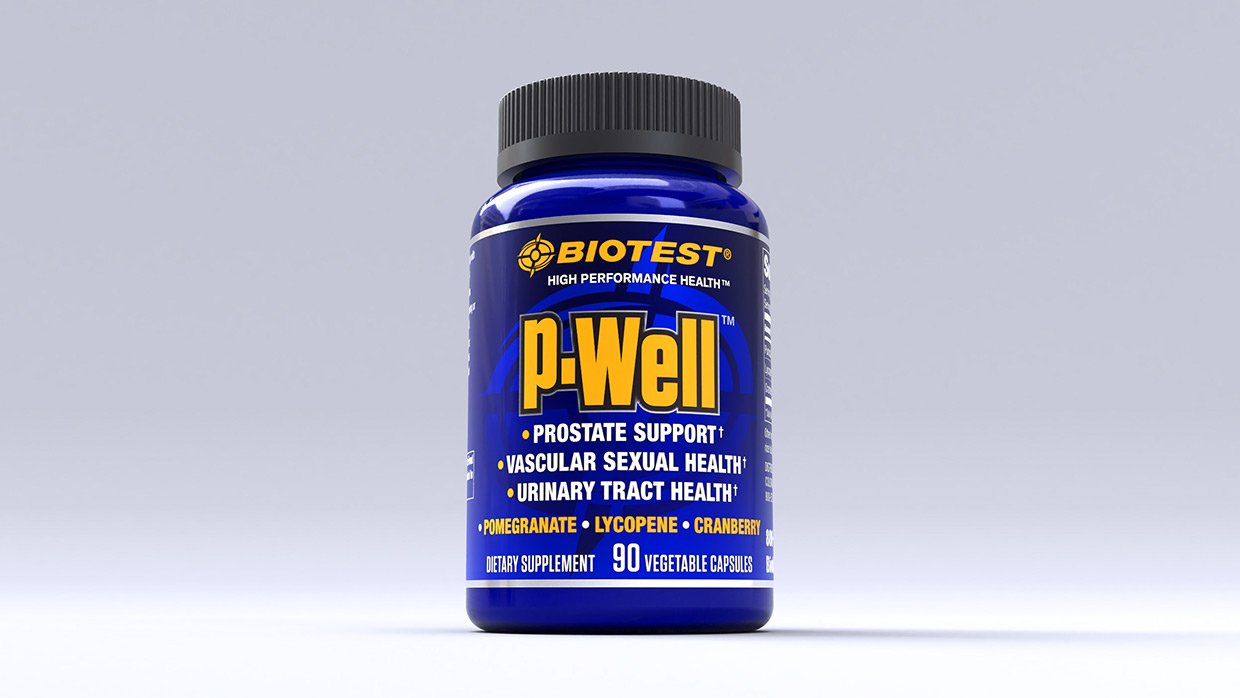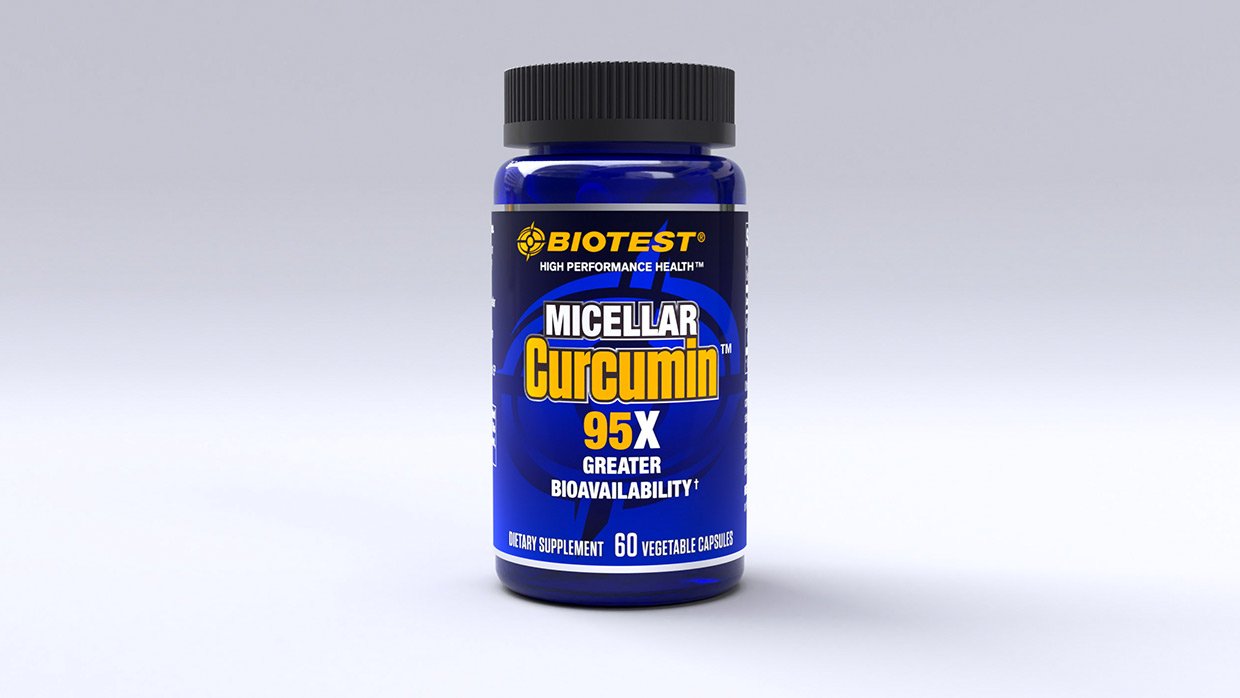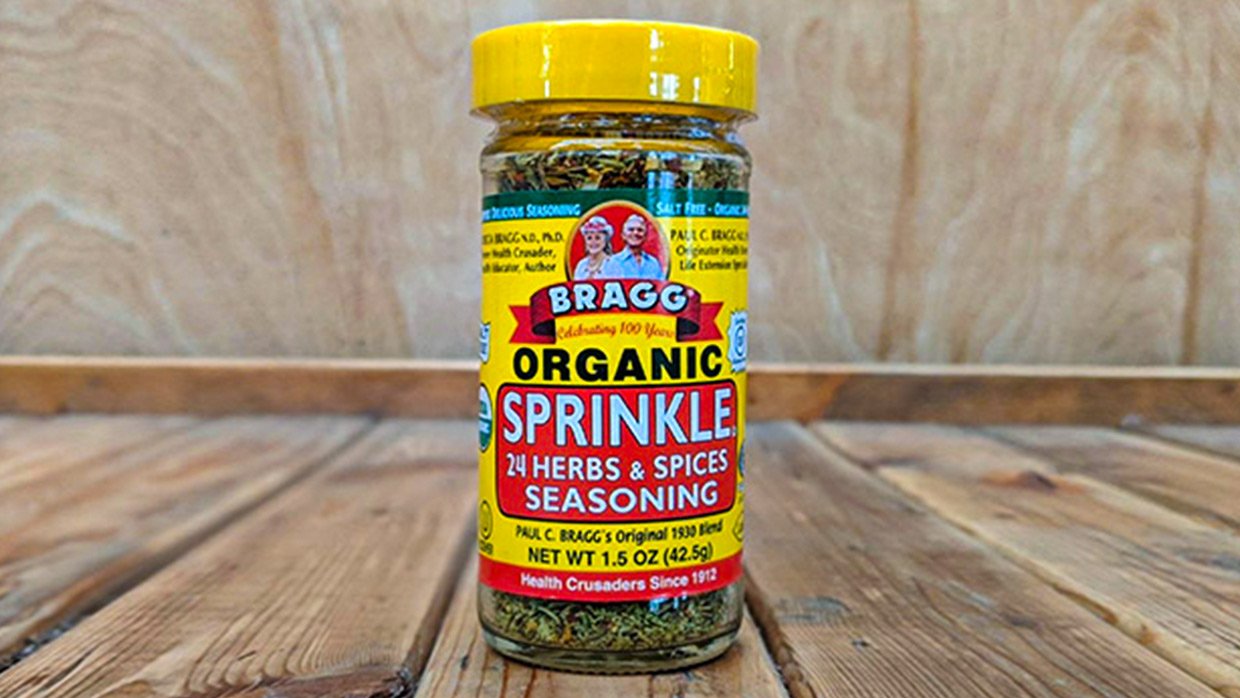Longevity is About More Than Life Span
When we talk about longevity and life extension, we assume that people want to live a long time, but many have no interest in facing the indignities of old age. That’s why “life extension” is a crappy term. What we should be talking about instead is health extension.
Health extension combines longevity with youthful energy levels and a body free from discomfort. In other words, a future where you change very little and get to keep on doing the same stuff you’re doing now, only with some wrinkles.
But measuring actual health is somewhat difficult, especially in lab animals. They could be plagued with many of the infirmities of old age but still live a long time. A mouse, for instance, can’t tell you if its back is hurting or if it’s having problems in the sack. Measuring life span instead is much easier.
Luckily for us, animals share many biological pathways with humans. That means animal longevity studies correlate pretty well with us Homo sapiens types. Here’s what these studies revealed to be the major factors that influence life span.
In studies of life-extending phytochemicals, the lab animal of choice is Caenorhabditis elegans – a nematode that conveniently lives only 20 to 25 days. As implied earlier, you shouldn’t dis the validity of nematodes as a model of life span because their biochemical processes aren’t that much different from ours, and what works for them might easily work for us.
With that in mind, these are the compounds that had the greatest effect on their life span.
1 Pomegranate – Increased mean life span by 56%

Much of the “magic” associated with pomegranate extract, flesh, and juice comes from punicalagin, large molecules that belong to a class of polyphenols known as ellagitannins, which, once ingested, act in multiple ways.
Some act directly as antioxidants, while others are metabolized by microflora in the gut to form other powerful compounds such as ellagic acid and urolithins.
What’s hugely compelling about them is that many in-vitro, animal, and human studies have suggested they might play a big role in suppressing prostate tumor growth and metastasis, along with reducing benign prostate hypertrophy (BPH) in general.
More germane to life extension, though, pomegranate/punicalagin seem to help mitochondria “house clean,” a process known as autophagy. In simple terms, it just means ridding the cell of damaged components of the cell, which, done efficiently enough on a body-wide scale, corresponds to a longer life/health span.
If you’re already taking Biotest’s P-Well™, you’re getting a potent dose of punicalagin.
2 Curcumin – Increased mean life span by 55%

Curcumin continues to impress. It’s been proven to increase insulin sensitivity, improve sexual health, enhance cardiovascular health, relieve post-exercise soreness, lessen the pain of injured joints, and even attack viruses, among a long list of other things.
It was initially just thought to be a powerful antioxidant, but that trait alone couldn’t explain how it seems to improve so many aspects of physiology.
Clearly, there’s something more going on with curcumin, and it’s now thought to actually mitigate the expression of various age-associated genes. Historically, though, it’s been plagued by poor absorption, at least in humans. Biotest solved that problem by employing Longvida Optimized Curcumin® in its Micellar Curcumin™ supplement.
Micellar Curcumin increases blood concentrations of curcumin 95 times more than native curcumin. It has an extraordinarily long half-life, presumably making it an even more potent life/health extender than it ordinarily is.
3 Rosmarinic Acid – Increased mean life span by 63%

Rosmarinic acid is a polyphenol found in, you guessed it, rosemary, but it’s also found in related spices like basil and sage.
Like almost all the polyphenols (and carotenoids), rosmarinic acid has powerful anti-oxidant and anti-inflammatory properties, but that can’t explain its wide-ranging effect on various physiological processes.
As with other life/health-extending phytochemicals, rosmarinic acid seems to up-regulate the expression of certain genes that ultimately affect life span.
Although you can buy rosmarinic acid as a supplement, I chose an alternate route. I get my rosmarinic acid fix through Bragg Organic Sprinkle. It’s a seasoning comprised of 24 different organic seeds, leaves, rinds, and spices, of which rosemary is the lead ingredient.
I don’t know if I’m getting the most efficacious dosage of rosmarinic acid by just using rosemary instead of a purified rosemary extract. Still, I might be close to the money because I use this spice on all my hot meals. Of course, you can always go the supplement route or even the rosemary tea route.
In a more general sense, many of these life/health-extending polyphenols and carotenoids mimic calorie restriction, which is the most sure-fire way to extend life (but also the least desirable to humans, particularly athletes).
This calorie-restriction mimicry induces, after a long chain of reactions, the production of antioxidant enzymes like superoxide dismutase (SOD) and catalase (CAT), as well as proteins related to the aforementioned autophagy, a process crucial to maintaining normal cell function.
These phytochemicals also inhibit mTOR, the mammalian target of rapamycin. While having elevated levels of mTOR after a workout helps put on muscle, chronically elevated mTOR levels put the kibosh on the above-mentioned autophagy, in addition to inhibiting SIRT 1, a molecule that, when present in sufficient amounts, increases insulin sensitivity.
So acute, well-timed releases of mTOR good, chronically elevated mTOR bad.
Many other substances and phytochemicals extend the life of roundworms. Here are the ones that filled out the rest of the field:
- Laricitrin – Increased mean life span by 55%
- Myricetin trimethyl ether – Increased mean life span by 54%
- Myricetin – Increased mean life span by 48%
- Baicalein – Increased mean life span by 45%
- Blueberry – Increased mean life span by 44%
- Metformin – Increased mean life span by 40%
- Apple – Increased mean life span by 39%
- Caffeine – Increased mean life span by 37%
- Betula utilis – Increased mean life span by 36%
- Syringetin – Increased mean life span by 36%
- Betalain – Increased mean life span by 34%
- Resperine – Increased mean life span by 31%
- Icariside II – Increased mean life span by 31%
- Polydatin – Increased mean life span by 31%
- Trehalose – Increased mean life span by 30%
- Glucosamine – Increased mean life span by 30%
How much and which specific ones to ingest every day would require a supercomputer to figure out. It just isn’t feasible.
My advice is to incorporate the top three winners into your diet and attempt to ingest as many of the others regularly by eating a diverse diet. Or at least do the next best thing and supplement with Superfood, a freeze-dried array of 18 high polyphenol and carotenoid fruits and vegetables.
T Nation earns from qualifying purchases as an Amazon Associate. Read more about our policy.

